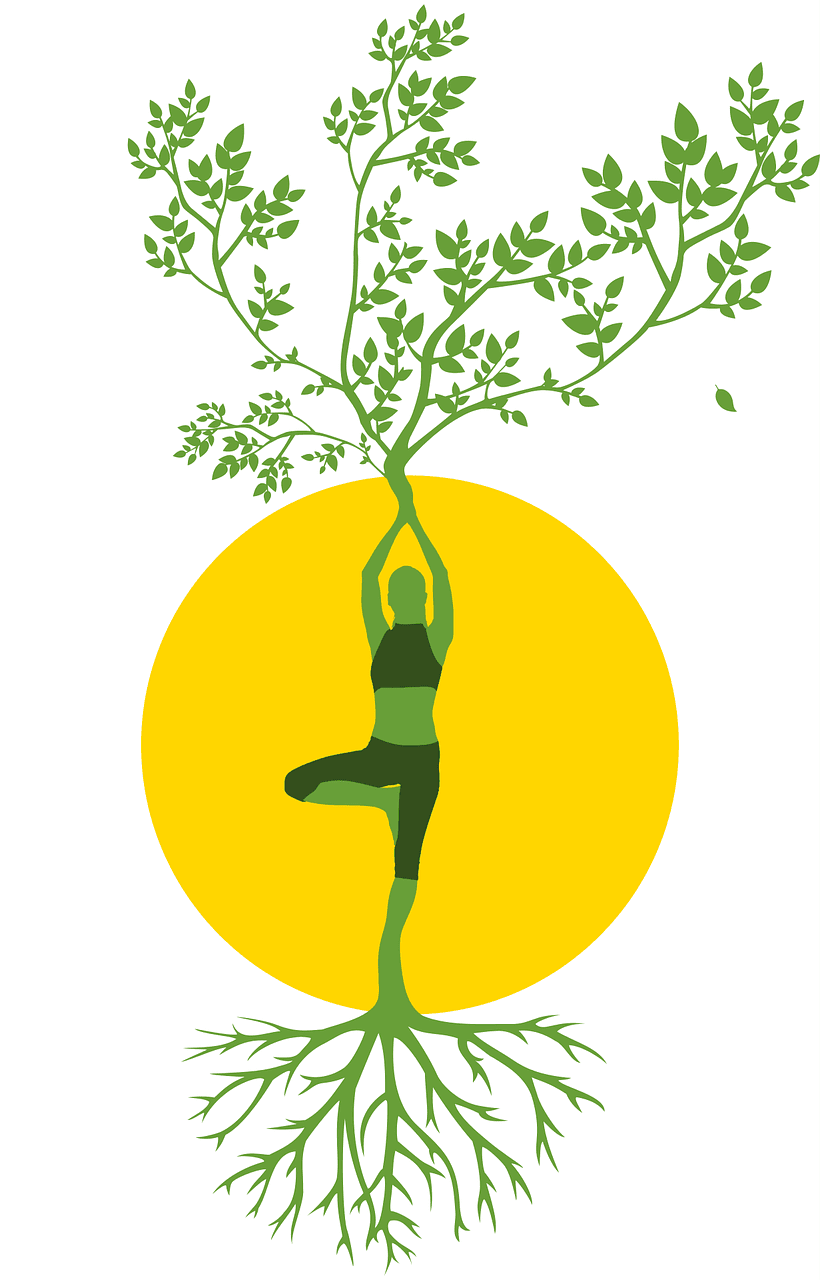The term body positivity has dominated pop culture over the last decade, and like many explosive trends, has a dark side. The roots of the body positivity movement sprung up primarily as an attempt to make room for women of ethnic minorities in the world of fashion and advertising. In the United States particularly, curvy African American women reported feeling inadequate when bombarded with fashion ads of model Twiggy in the 1960s and the next 50 years plus. Activists who supported body positivity sought to promote appreciation of all body types.
Nowadays, the body positivity movement sometimes continues to exclude marginalized body types. Further, it encourages a form of one of the most frustrating pop psychology trends, toxic positivity, which declares that humans should be positive no matter what, dead uncomfortable emotions. Toxic positivity creates surface level, disingenuous human beings and inauthentic relationships. Ultimately, body positivity leads to people who fail to achieve Lizzo level confidence feeling like failures. “Telling people to love their bodies when they truly don’t can teach people to further suppress their feelings. Suppressing emotions is linked to higher levels of anxiety, depression, eating disorders, and sometimes, in the extreme, suicide” (Dr. Susan Albers, PsyD, Cleveland Clinic.”
Body positivity can also potentially lead to ignoring very real biological warning signs of health maintenance. Lastly, but perhaps most significantly, body positivity reinforces a view of our worth being tied primarily to our appearance. Considering all that we have to develop on the inside and how difficult it is to continue the journey of emotional maturity, the overemphasis on our physical presentation can create so much confusion in our values.
How then, can we move past the bouncing back and forth between forced body positivity and feelings of inadequacy or shame? The concept of body neutrality can offer us respite from our mind’s commentary on our physical body. Body neutrality offers us exactly what it says– a more neutral space to live in when it comes to our bodies. When we practice body neutrality, we give ourselves space to stop constantly thinking about our bodies or try to fantasize about any immediate physical changes we need to make. We redirect our attention to the things our body can do for us: bursts of energy, making babies, healing from sickness. We eventually stop constantly thinking about our body. As I often point out to recovering alcoholics, if you are still thinking about alcohol a lot of the time, even the importance of its absence from your life, how recovered are you? The same idea applies to how we think about our bodies.
If the idea of body neutrality resonates with you, try the following strategies:
- Form healthy habits. Eat well, but stop using your diet with the intention of changing your body.
- Focus on feel good exercise. Does a dance class feel good for both your body and spirit? Use that as an intuitive sign to engage.
- For some of us more than others, looks matter, but keep in perspective that it is just a part of what matters about you. Express gratitude for all you have to offer, perhaps through the process of journaling.
- Remove yourself from conversations that are based on the context of diet culture, or body image critique. I assure you that saying something to the effect of: “this kind of conversation makes me feel bad about myself,” won’t leave you without friends.
- Clean up your social media feeds. I’d like to think funny dog videos will do more for the balancing of your hormones (which affect weight retention) than those well sculpted Instagram models.
- Practice affirmations. Try: “my body is a vessel for my awesomeness” or “I bless my body with nutritious food.”
Body neutrality is a lifelong journey, so allow yourself time and space to cultivate this approach. Remember that as harmful as it is to berate your body, false body positivity may be a denial of your truth. Appreciate the neurochemicals that come from hugging a friend, the power of your muscles as you help your sister move her furniture, the momentum of your legs on a Summer’s day walk, and simultaneously release the hyper focus on your physical being. You deserve freedom.

